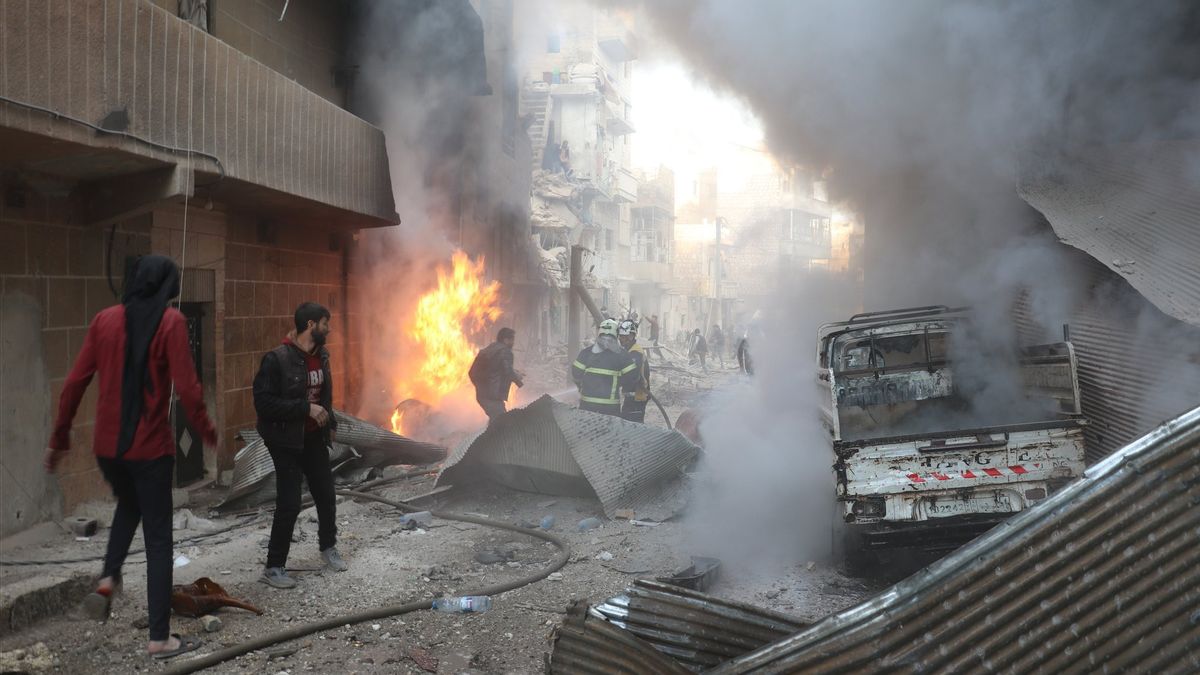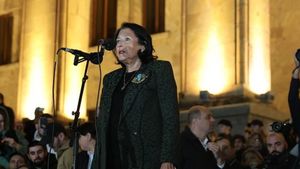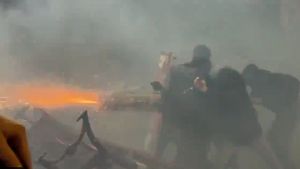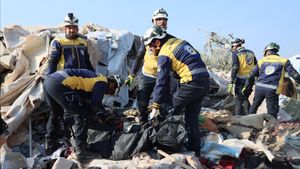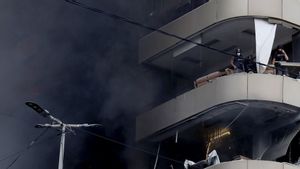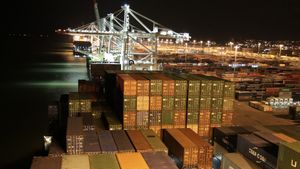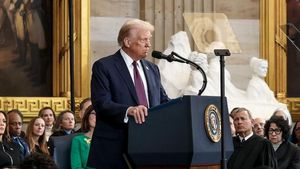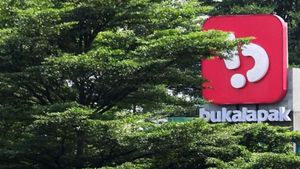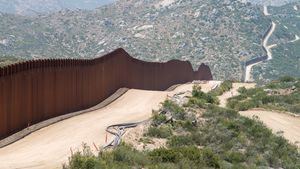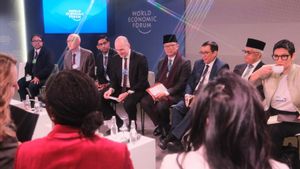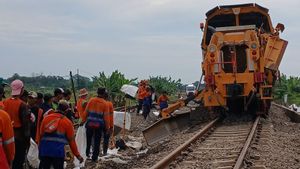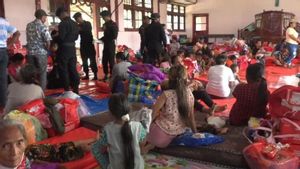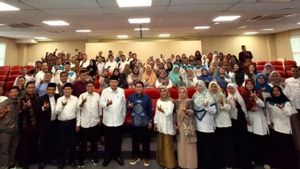JAKARTA - The mention of Aleppo by Syrian rebels from President Bashar al-Assad made the civil war in Syria again a center of attention.
This incident rocked an inactive frontline for years and had an impact on the region and its surroundings.
WHAT HAPPENED?
Diulas Reuters, Monday, December 2, rebels launched a surprise attack on November 26, attacking from the north and northwestern region of Aleppo.
They stormed the city on November 29-30, forcing government forces out of the region.
This is the first time control over the city has shifted since 2016, when government forces, backed by Russia and Iran, defeated rebels who control the eastern district of Aleppo.
Rebels made their progress in the southern and southwestern region of Aleppo, capturing territory in the province of Hama. The government has promised to fight back.
Russia, which deployed its air force to Syria in 2015 to help Assad, carried out airstrikes to support the army.
This marks the most serious escalation of the conflict in recent years, adding to the number of fatalities that have reached hundreds of thousands since 2011, when the war developed due to the Arab Spring uprising against the Assad administration.
Since then, more than half of the population before the war of 23 million people have been forced to flee their homes, and millions have fled abroad as refugees.
WHO IS THE BUSINESSMAN?
The attack was initiated by Hayat Tahrir al-Sham. Previously known as the Nusra Front, they were Al Qaeda's official wing in the Syrian war to cut ties in 2016.
HTS, led by Abu Mohammed al-Golani, has long been the dominant force in the Idlib region, part of a northwestern region where rebels maintain its base despite Assad's profit in other regions.
The United States and Russia, Turkey and other countries have designated it a terrorist group.
Other rebel alliances have launched separate attacks from the northern region of Aleppo. These rebels are supported by Turkey and organized under the banner of the Syrian National Army.
WHY IS THE CONFLICT INCREASING NOW?
Although peace has not yet been reached, the front line has not moved for years, with Syria divided into zones where foreign powers place its troops on the ground.
Russia and Iran control the territory controlled by the government, which is the largest territory in Syria. The United States has troops in the northeast and east, supporting the Syrian Democratic Forces (SDF) led by Kurdish. Turkey places its troops in the northwestern region controlled by rebels.
But the regional power balance has been shaken by the conflict that has been going on for more than a year between Israel and the militant group it supports.
Iran-backed Hezbollah suffered a major blow for more than two months fighting against Israel in Lebanon.
SEE ALSO:
Hezbollah, who went into a ceasefire with Israel last week, helped Assad restore Aleppo in 2016.
US National Security Adviser Jake Sullivan, when speaking to CNN State of the Union, said it was not surprising that rebels were trying to take advantage of this new situation, with the main supporters of the Syrian government Iran, Russia and Hezbollah being distracted and weakened. by the conflict, referring to regional conflicts and the Ukraine war.
The agreement between Russia and Turkey has generally stabilized the situation in the northwest since 2020. But Turkey has expressed frustration over Assad's failure to reach an agreement with the opposition to end the conflict.
Turkish security officials said that while Ankara was trying to stop the insurgent attacks, they were increasingly concerned by the Syrian government forces' attacks on the rebels.
Foreign Minister Hakan Fidan said Assad and rebels needed to compromise.
One of Turkey's main concerns in Syria is the power of Kurdish-led groups allied to Washington but considered terrorists by Ankara.
The Turkish government-owned news agency, Anadolu, said Syrian National Army rebels had seized the city of Tel Rifaat from the YPG Kurdish militia.
Both the Kremlin and Tehran reaffirmed their support for the Syrian government.
The English, Chinese, Japanese, Arabic, and French versions are automatically generated by the AI. So there may still be inaccuracies in translating, please always see Indonesian as our main language. (system supported by DigitalSiber.id)
